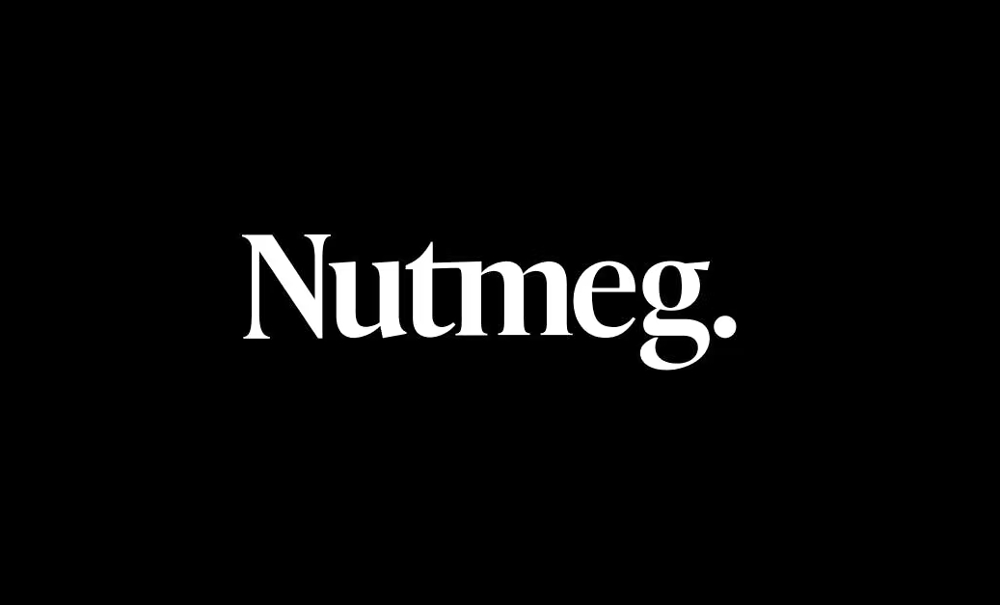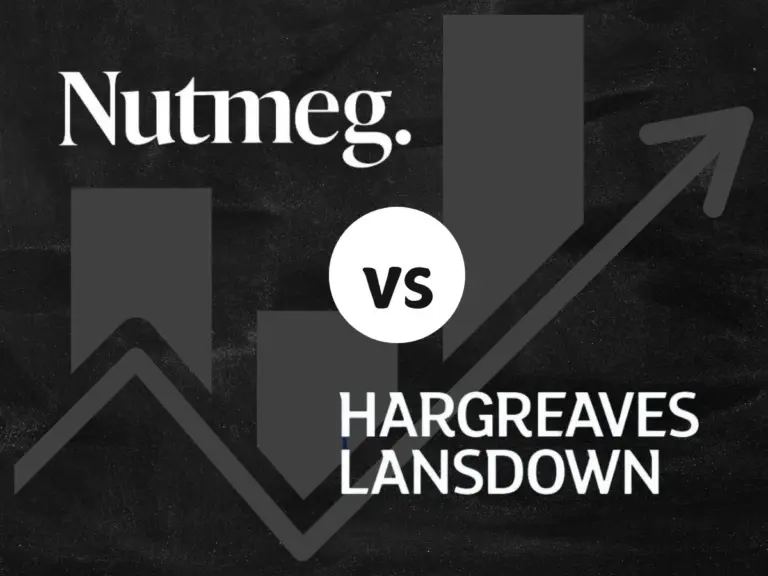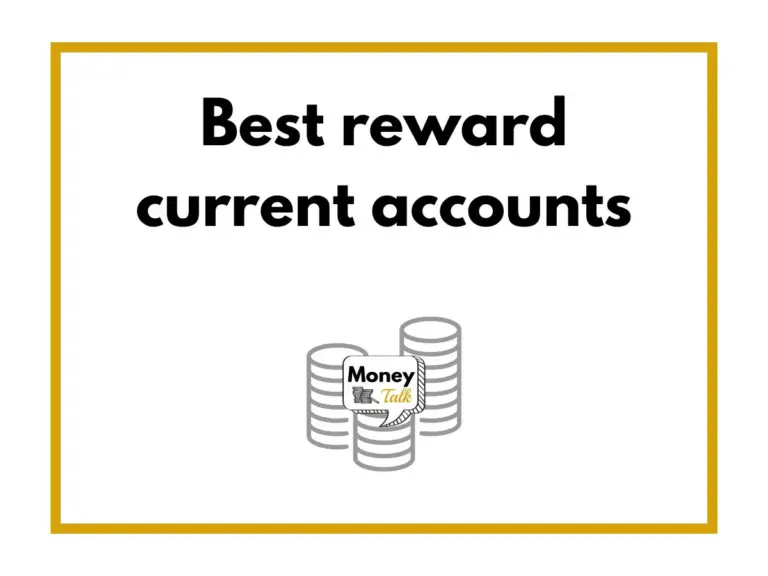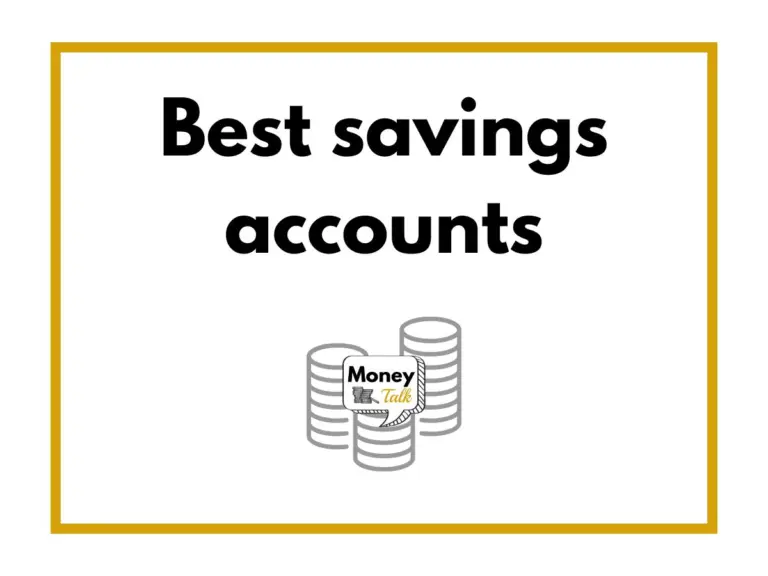Is Nutmeg the investment platform for you?
Money Talk is intended to inform and educate; it's not financial advice. Affiliate links, including from Amazon, are used to help fund the site. If you make a purchase via a link marked with an *, Money Talk might receive a commission at no cost to you. Find out more here.
I used to be a Nutmeg customer – I had both an ISA and a LISA with them for several years.
But after a little experiment I started in 2021, I decided to move over to Hargreaves Lansdown instead.
It wasn’t that Nutmeg did anything wrong – I thought it was a great investment platform for novice investors – but it no longer suited my needs.
That doesn’t mean it won’t work for you.
And given Nutmeg has pushed out a bunch of different products in the last few years, I thought it’s high time to take another look at the investment platform.
A quick disclaimer
Investing does not guarantee returns. You could get back less money than you put in or even lose it all, so only invest what you can afford to lose.
Also do your own research before you start – what might work for someone else might not work for you.
A Nutmeg overview
As an investment platform, Nutmeg is a relative newcomer.
It was founded in April 2011 by Nick Hungerford, and was acquired by JP Morgan Chase in June 2021.
What made it different was that it was one of the earliest “robo-advisor” platforms to launch.
This meant it leveraged a mix of technology, algorithms and investing experts to create ready-made portfolios that you could “buy off the shelf”.
While it’s one of the most popular platforms in the robo-advisor category, the number of investment products it offers remains quite limited by choice.
Case in point, it deals exclusively in exchange traded funds (ETFs), which are designed to be a low-cost way to track the performance of the financial market while spreading the financial risk.
Nutmeg’s product range
Nutmeg is a pure investment platform, so there are no cash savings products.
As of August 2024, it’s offering five different products:
- Stocks and shares ISA
- Stocks and shares Lifetime ISA
- Stocks and shares junior ISA
- General investment account
- Personal pension
These products are basically “wrappers” that you hold your investments in.
Which one you choose will determine what tax you’ll pay, if any.
The ISAs are all tax free up to the annual personal allowance limit for example, while the general investment account is subject to different taxes, including the Capital Gains Tax.
Nutmeg’s five different investing strategies
Unlike some investment platforms, you can’t pick and choose the exact shares and funds you want to invest in with Nutmeg.
Instead, you have to choose from one of the five investment strategies below:
- Fully Managed
- Fixed Allocation
- Socially Responsible Investing
- Smart Alpha
- Thematic Investing
The strategy you pick will determine where and the type of products Nutmeg picks for you.
Nutmeg has produced a really handy document explaining what the different approaches are.
For ease, here’s what you can expect from each investment strategy.
Fully Managed – launched 2012
The elevator pitch: A globally diversified portfolio tailored to your investment goals that’s actively managed and rebalanced by Nutmeg’s expert investment team to reflect the current economic environment.
Fully Managed is Nutmeg’s flagship product, and the one that they launched with.
This approach is hands-on, and Nutmeg will regularly rebalance your portfolio depending on what’s happening in the world.
You just have to choose from 10 different risk levels.
Fixed Allocation – launched 2017
The elevator pitch: Investments with low intervention and a low cost that are designed to perform without active management.
Fixed Allocation is the hands=off version of the Fully Managed strategy.
Nutmeg uses historical data to create the ETF portfolio, and will use technology to automatically rebalance the portfolio depending on what’s happening in the market.
The actual product mix is only reviewed once a year, which makes it a little bit cheaper, but also less reactive.
You have five risk levels to choose from for this one.
Socially Responsible Investing – launched 2018
The elevator pitch: Investments that aim to help you achieve your financial goals while focusing on investments in companies and bond issuers that take into account certain environmental, social and governance (ESG) considerations.
The Socially Responsible Investing strategy is very hands on, with 10 risk levels to choose from.
It also offers a different portfolio mix to the other options. It won’t invest in ETFs featuring companies involved in nuclear power, arms trade, or fossil fuels for example.
You can read more about their approach to this in their white paper on ESG investing.
Smart Alpha – launched 2020
The elevator pitch: Investments that combine Nutmeg’s core investment principles, ETF and fractional investment expertise, with the multi-asset knowledge and experience of JP Morgan.
Before JP Morgan acquired Nutmeg in 2021, it partnered with the investment platform to launch Smart Alpha.
It’s essentially a different version of the Fully Managed strategy, with a portfolio adjusted using investment insights from JP Morgan, and five risk levels to choose from.
Now that Nutmeg is part of JP Morgan, I’m not sure how different the Fully Managed and Smart Alpha portfolios will be in the future.
Surely it makes sense for both strategies to make the most of JP Morgan’s expertise?
Thematic Investing – launched 2023
The elevator pitch: Globally diversified portfolios, managed to suit your risk appetite and geared towards one of Nutmeg’s future-focused themes.
Thematic Investing is the latest strategy to launch and is designed with the future in mind.
The approach is to look at growing trends and invest in companies that will help develop those trends.
You can choose from three themes: technological innovation, resource transformation, or evolving consumer.
It’s potentially a bit more risky, given the unpredictability of trends, but could also lead to bigger rewards. Because of this, the risk level is pegged at five to 10.
Nutmeg’s fees
Nutmeg’s fees are considered pretty high because of its active management element, which means it might not be the best option for you if fees are your primary concern.
Here’s what you’d expect to pay in fees per year for each product based on a £1,000 investment and zero returns:
Fully Managed – £9.80
- Nutmeg fees: 0.75% up to £100k; 0.35% on portion above that
- Fund costs (what the ETFs charge): 0.20%
- Market spread (the cost of buying and selling the ETFs): 0.03%
Fixed Allocation – £6.80
- Nutmeg fees: 0.45% up to £100k; 0.25% on portion above that
- Fund costs: 0.20%
- Market spread: 0.03%
Socially Responsible Investing – £10.70
- Nutmeg fees: 0.75% up to £100k; 0.35% on portion above that
- Fund costs: 0.29%
- Market spread: 0.03%
Smart Alpha – £10.90
- Nutmeg fees: 0.75% up to £100k; 0.35% on portion above that
- Fund costs: 0.31%
- Market spread: 0.03%
Thematic Investing – £10.20
- Nutmeg fees: 0.75% up to £100k; 0.35% on portion above that
- Fund costs: 0.24%
- Market spread: 0.03%
Nutmeg fee comparison
To put Nutmeg’s fees in context, here’s what you can expect to pay elsewhere.
I’ve only included the best-known investment platforms that offer ISAs here.
Hargreaves Lansdown
Hargreaves Lansdown* charges 0.45% on portfolios under £250,000.
It doesn’t charge for trading funds, which means the only other fee you’ll pay is the fund costs.
Interactive Investor
Interactive Investor* is geared towards those with a bigger portfolio – otherwise its flat fee would work out way too expensive.
You pay £4.99 a month for portfolios worth up to £50,000 – or £59.88 a year – plus £3.99 a trade and any ongoing fund charges.
So if you only have £1,000 invested, it just wouldn’t be worth it.
AJ Bell
AJ Bell is one of the cheapest options for fees.
You’ll pay 0.25% on fund portfolios up to £250,000, plus £1.50 for each fund deal.
Then there’s the ongoing fund costs, which are variable depending on which ones you pick.
Vanguard
Vanguard has the lowest fees.
It charges just 0.15% on portfolios of up to £250,000.
You’ll then pay 0.06% to 0.79% for fund costs plus 0.01% to 0.74% for its equivalent of market spread.
Bestinvest
For portfolios of up to £250,000, Bestinvest charges service fees of between 0.2% to 0.4%.
Fund deals are free, but you’ll still need to pay fund costs, which are variable.
Nutmeg’s performance
The thing about investment performance is that it can be affected by so many things, and not just which strategy or risk level you choose.
When and how much can also change things.
That said, based on my own experience with Nutmeg, it does a pretty decent job of growing a portfolio.
Certainly I saw higher growths than I ever did with my PensionBee portfolio.
Is Nutmeg the right investment platform for you?
Nutmeg is not the cheapest option when it comes to fees, nor does it give you the widest choice of investments.
What it does give you is a certain level of hand-holding, which makes it a great option for beginners.
When you join, you’ll answer a bunch of questions on your attitude to risk, and how long you plan to invest for, and Nutmeg will suggest a portfolio based on your answers.
You can override this and go higher or lower in risk.
After that you basically don’t need to think about it again.
There’s no need to follow the markets, check share prices or even read the news – Nutmeg will manage your portfolio for you.
Every year, your portfolio will be reviewed. Nutmeg will then ask you to retake the risk assessment to see whether your portfolio is still right for you.
In short, if you’re new to investing and don’t have time to learn or to manage your own portfolio, then Nutmeg is a great option to consider.
Should you DIY it instead?
If you’re happy to do the research yourself, and be a bit more active in managing your own portfolio, then one of the other investment platforms might be a better fit.
You’ll pay a much lower fee, which of course saves you money in the long run.
You might get things wrong, but then so might the experts – the key is to build up your knowledge and course-correct.
Of course, you can also ask a financial adviser to evaluate or put your portfolio together.
Pin this for later








